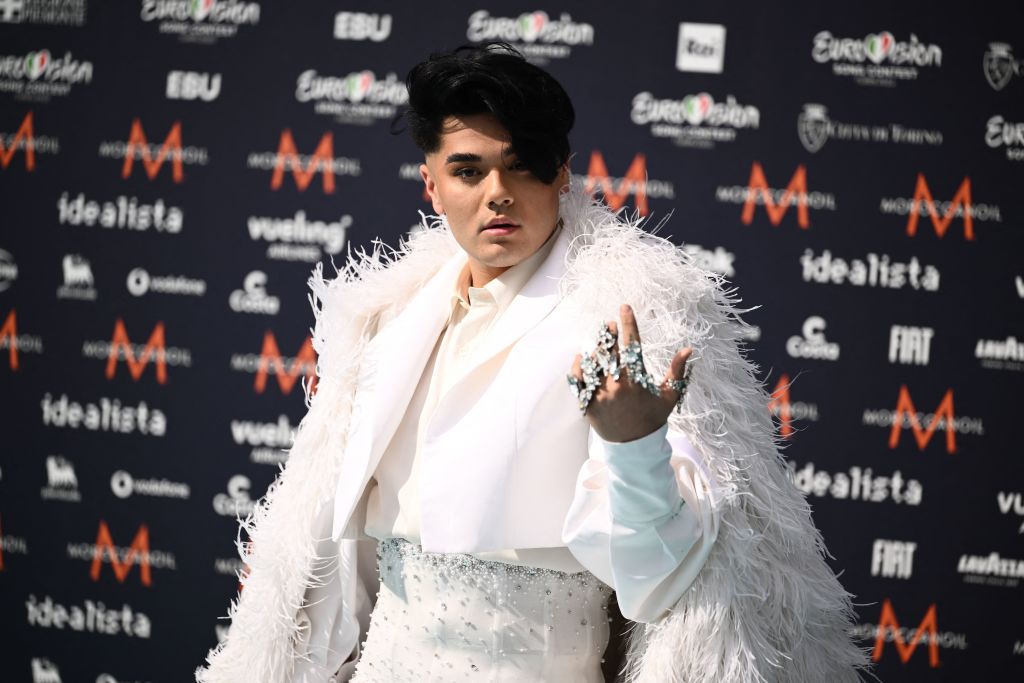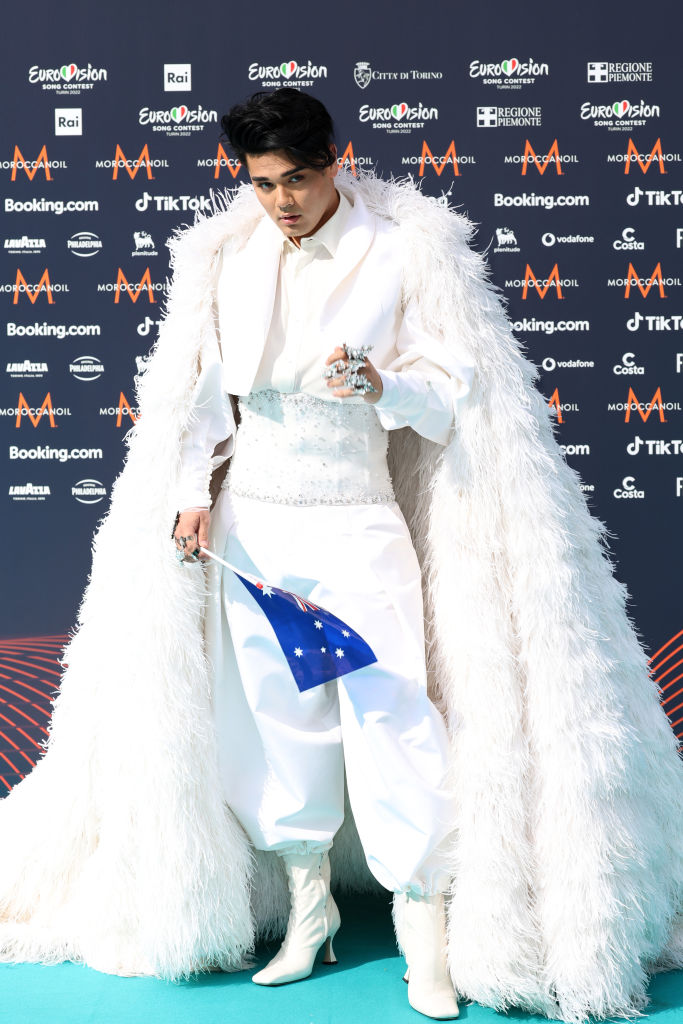
If you’ve been watching for the past few years, you’ll know that Australia have become a regular fixture.
In fact, they’re back again this year – set to perform track Not The Same on stage in Turin, Italy.
No doubt Sheldon’s appearance will bring with it the usual questions about why Australia is taking part, given that they’re nowhere near Europe – as well as how long they’ve been competing.
Curious? Perplexed? Intrigued by the whole thing? Honestly, we don’t blame you.
Let’s have a little reminder of the land Down Under’s history with Eurovision…
When did Australia first take part in Eurovision?
Australia was first invited to take part as a special ‘guest country’ back in 2015 as part of the contest’s 60th anniversary celebrations.
The invitation was extended to them on the basis that they’re huge fans of Eurovision in Australia, with the show having been broadcast on SBS there every year since 1983.
As special guests in 2015, they were qualified directly to the final, and did rather well indeed.
That year’s entrant, Guy Sebastian, and his song Tonight Again, finished in fifth place at the contest in Vienna.
Why did Australia stay in Eurovision?
The participation was only ever meant to be a one-off (unless they won it that is), but Guy’s success seemingly spurred Australia on to chase that Eurovision glory.
Since then, though, they’ve also had to compete in the semi-finals.
Having made the top five in 2015, they did even better in 2016, with Dami Im’s Sound Of Silence coming close to winning the entire contest.
The former X Factor Australia winner was in the lead following the jury votes at the contest in Stockholm.
Alas, following the announcement of the public votes was pipped at the post by Ukraine’s Jamala with her song 1944.
Their participation continued in 2017, with Isaiah Firebrace’s Don’t Come Easy finishing ninth in Kiev.
Meanwhile, Jessica Mauboy – who had performed during the interval at the 2014 contest in Copenhagen – stepped up to the plate to perform Australia’s fourth entry, We Found Love, in Lisbon.
She finished in 20th place overall.
While these previous Australian entries were chosen by an internal selection, 2019 saw the public choose with the first ever national final, Australia Decides, in February that year.
, with her pop track Zero Gravity, fought off stiff competition and pop-rockers Sheppard in order to win the ticket to Tel Aviv
Ultimately, she finished in ninth place, with a total of 284 points. Not too shabby at all.
Australia plans to be in the contest for a while yet,

SBS Commissioning Editor Josh Martin said at the time: ‘SBS has been the home of the Eurovision Song Contest in Australia for 35 years and we’re thrilled at this invitation to become a more permanent member of the Eurovision Song Contest family.
‘We will continue to showcase Australia’s amazing talent and diversity to hundreds of millions of people across Europe and the world.’
In 2022, Sheldon Riley will carry the torch for Australia – with the 23-year-old singer originally hailing from Sydney.
But he’s likely got plenty of fans in the States, too, as he appeared on the 2020 series of America’s Got Talent.
The Eurovision final 2022 airs on BBC One at 8pm on Saturday, May 14.
Follow Metro across our social channels, on Facebook, and
Share your views in the comments below

























